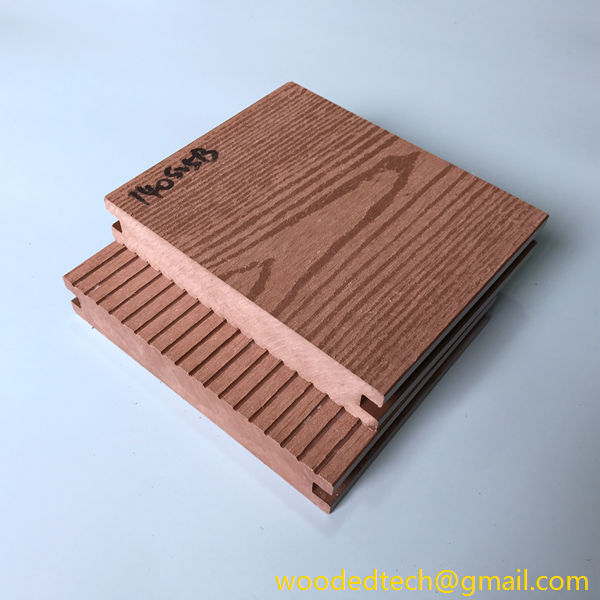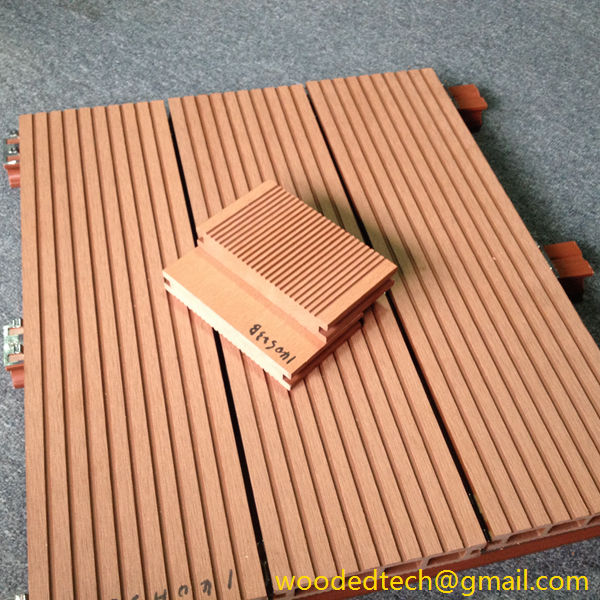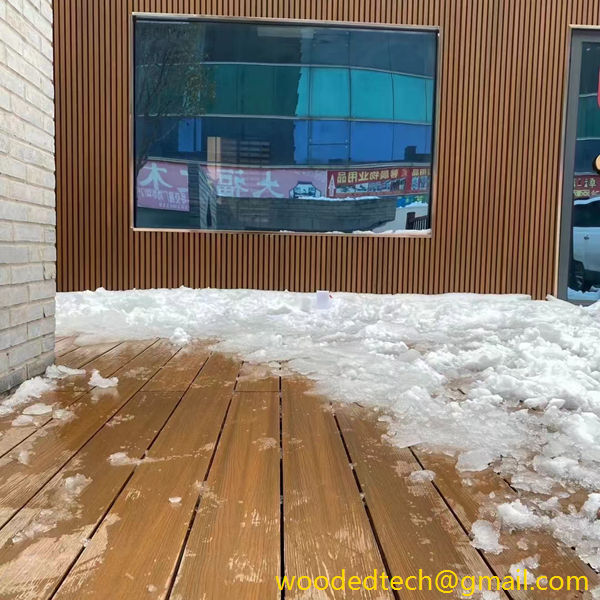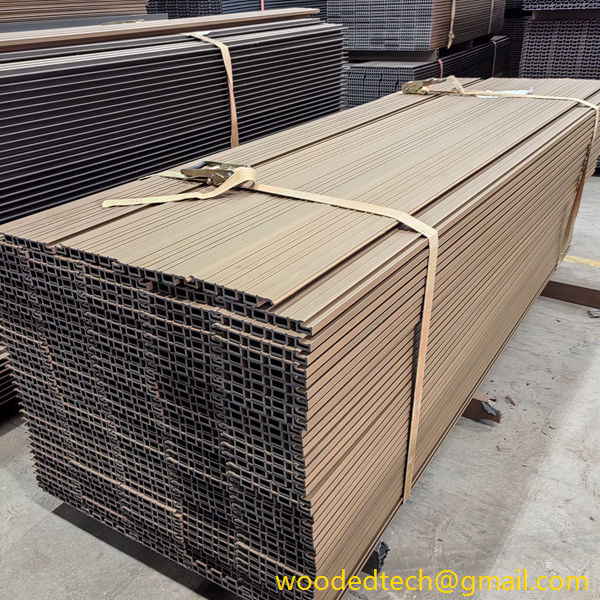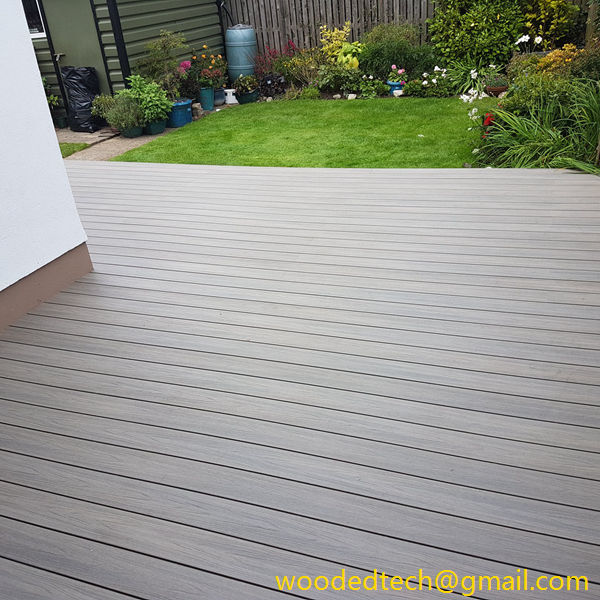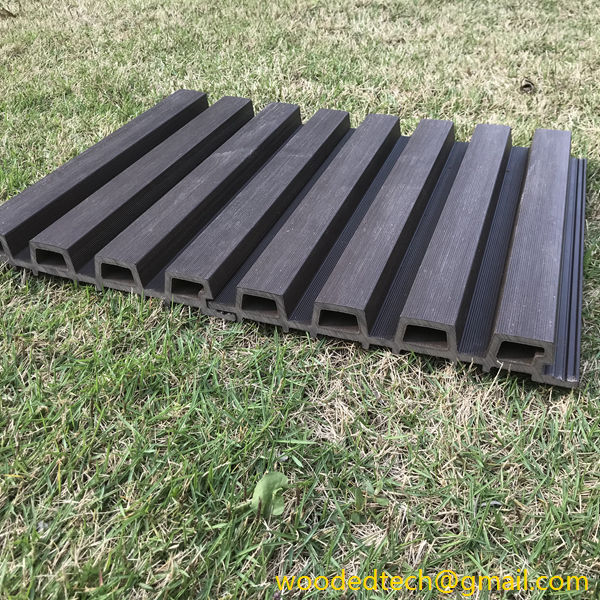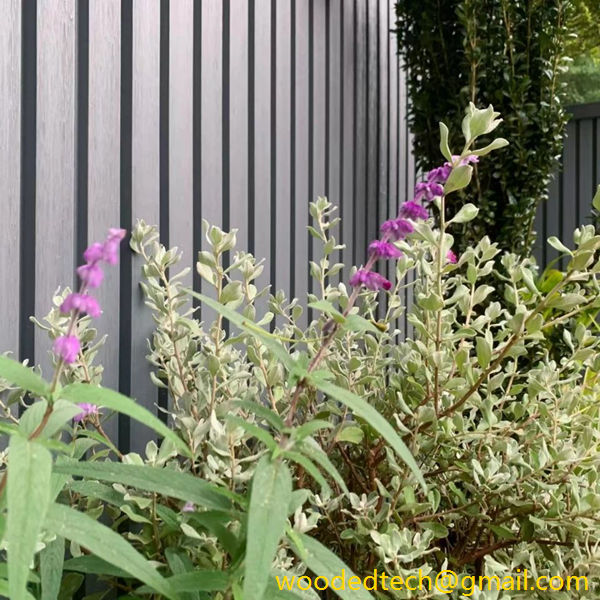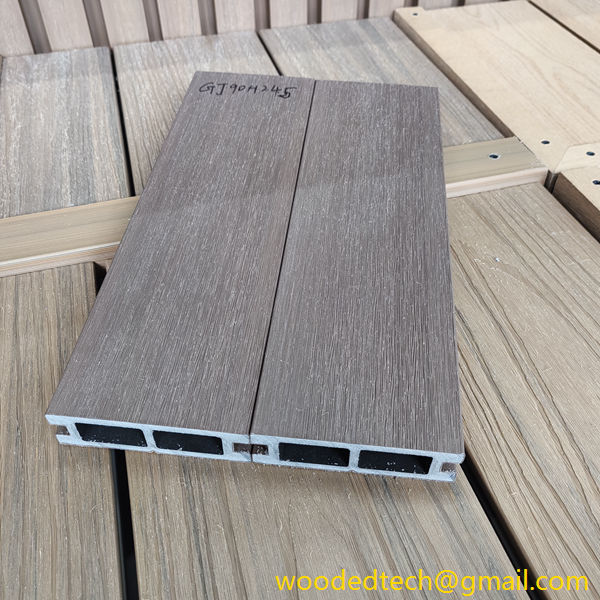Tábuas de deck de madeira composta de qualidade para as suas necessidades
Tábuas de deck de madeira composta de qualidade para as suas necessidades Quando se trata de melhorar os espaços exteriores, as tábuas de deck de madeira composta de qualidade surgiram como uma escolha popular entre proprietários e construtores. A evolução dos materiais para decks trouxe uma gama de opções que não só proporcionam apelo estético, mas também oferecem durabilidade, baixa...
Tábuas de deck de madeira composta de qualidade para as suas necessidades
When it comes to enhancing outdoor living spaces, quality composite wood decking boards have emerged as a popular choice among homeowners and builders alike. The evolution of decking materials has brought forth a range of options that not only provide aesthetic appeal but also offer durability, low maintenance, and environmental benefits. In this article, we will explore the richness of composite wood decking, detailing its benefits, types, and considerations for selecting the right product for your needs.
Composite wood decking is primarily made from a blend of recycled wood fibers and plastic. This combination results in a material that mimics the appearance of natural wood while overcoming many of its traditional drawbacks. One of the most significant advantages of composite decking is its resistance to rot, splintering, and insect damage. Unlike traditional wood decking, which can suffer from decay and require regular maintenance, composite boards hold up exceptionally well against the elements. This longevity means that homeowners can enjoy their decks without the constant worry of repairs or replacements.
Another appealing aspect of composite decking is its low maintenance requirements. Traditional wood decks often demand regular staining, sealing, and cleaning to maintain their appearance and integrity. In contrast, composite decking typically requires little more than occasional cleaning with soap and water to keep it looking its best. This ease of maintenance allows homeowners to spend more time enjoying their outdoor spaces rather than working on them, making composite decking an incredibly convenient choice.
In addition to its durability and low maintenance, composite decking is also an environmentally friendly option. The use of recycled materials in its production means that choosing composite boards contributes to reducing waste and conserving natural resources. Many manufacturers are committed to sustainable practices, ensuring that their products are sourced responsibly and produced with minimal environmental impact. For eco-conscious consumers, this aspect of composite decking can significantly influence their purchasing decisions.
When considering composite wood decking boards, it is essential to explore the various types available on the market. Composite boards can be categorized into two main types: capped and uncapped. Capped composite decking features a protective layer on its surface, which enhances its resistance to stains, fading, and moisture. This additional layer not only extends the life of the decking but also provides a more polished and aesthetically pleasing finish. Uncapped composite boards, while generally more affordable, may require more frequent maintenance and may not offer the same level of protection against the elements.
In terms of design options, composite decking is incredibly versatile. Available in a wide range of colors, textures, and finishes, it can complement any architectural style or personal preference. Homeowners can choose from natural wood-like appearances to bold, modern colors, allowing them to create a customized look for their outdoor spaces. Furthermore, many composite decking products feature advanced technology that provides enhanced slip resistance, making them a safe choice for families with children or pets.
When selecting composite wood decking boards, there are several factors to consider to ensure you choose the best option for your needs. One of the most important aspects is the quality of the material. Not all composite boards are created equal, and investing in higher-quality options can significantly impact the longevity and performance of your deck. Look for products that have been rigorously tested for durability and performance, as well as those that come with robust warranties. A reputable manufacturer should provide clear information about their materials and production processes, giving consumers confidence in their purchase.
Another consideration is the local climate and environmental conditions. In areas with extreme temperatures or high humidity, it is crucial to select decking materials that can withstand such conditions without warping, cracking, or fading. Some composite boards are specifically engineered to perform well in varying climates, so be sure to consult with manufacturers or local experts to find the most suitable options for your region.
Budget is also a key factor when choosing composite decking. While it may be tempting to opt for the least expensive option, remember that quality often correlates with price. Investing in higher-quality composite boards may require a larger initial outlay but can save money in the long run by reducing maintenance costs and extending the lifespan of your deck. Additionally, consider the long-term value that a well-constructed deck adds to your home, as it can enhance property value and provide years of enjoyment.
Finally, it is important to think about installation. While some homeowners may choose to undertake the installation themselves, others may prefer to hire professionals. Understanding the installation requirements of your chosen composite decking can help you make informed decisions about whether to DIY or seek expert assistance. Many composite products come with detailed installation instructions, and some manufacturers offer support and resources for both DIYers and professionals.
In conclusion, quality composite wood decking boards offer a wealth of benefits that make them an ideal choice for enhancing outdoor living spaces. With their durability, low maintenance requirements, environmental friendliness, and design versatility, composite decking presents a compelling option for homeowners looking to create beautiful and functional outdoor areas. By carefully considering factors such as material quality, climate suitability, budget, and installation, you can select the perfect composite decking for your needs, ensuring that your outdoor space remains an inviting retreat for years to come.

